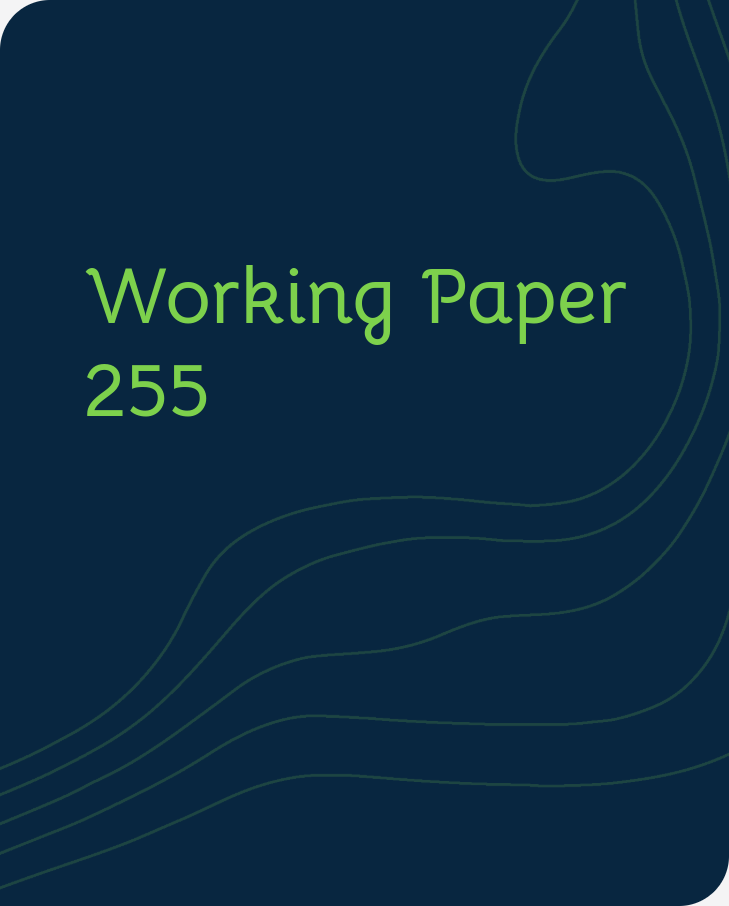Publication
Transition Report
Reform progress and transition indicators
Who we are
Overview: about the EBRDWho we are
Overview: about the EBRD
Learn about the EBRD's journey to investing more than €220 billion in over 7,800 projects.
What we do
Overview: how the EBRD operatesWhat we do
Overview: how the EBRD operates
Across three continents, the EBRD supports the transition to successful market economies.
Work with us
Overview: how you can work with the EBRDWork with us
Overview: how you can work with the EBRD
We draw on three decades of regional knowledge and financial expertise to tailor our products and approaches to each client's needs.
April, 2021

By Raymond Fisman, Sergei Guriev, Carolin Ioramashvili and Alexander Plekhanov
We empirically investigate the relationship between corruption and growth using a firm-level dataset that is unique in scale, covering almost 88,000 firms across 141 economies in 2006-2020, with wideranging corruption experiences. The scale and detail of our data allow us to explore the corruptiongrowth relationship at a very local level, within industries in a relatively narrow geography. We reportthree empirical regularities. First, firms that make zero informal payments tend to grow slower than bribers. Second, this result is driven by non-bribers in high-corruption countries. Third, among bribers growth is decreasing in the amount of informal payments, in both high- and low-corruption countries. We suggest that this set of results may be reconciled with a simple model in which endogenously determined higher bribe rates lead to lower growth, while non-bribers are often excluded entirely from growth opportunities in high-corruption settings.
For media enquiries related to this working paper, please contact Ksenia Yakustidi, Media Adviser at the EBRD’s Office of the Chief Economist
YakustiK@ebrd.com
All Working Papers
The Working Paper series seeks to stimulate debate on transition in the EBRD regions.
